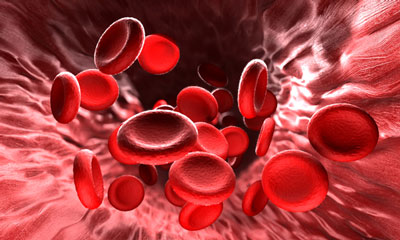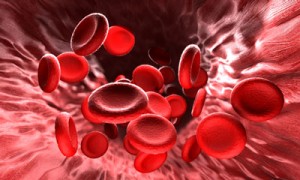NICE recommends blood-thinning drug edoxaban
Posted: 23 September 2015 |
NICE has issued its final recommendation for edoxaban to help prevent stroke and systemic embolism in patients with non-valvular atrial fibrillation…


The National Institute for Health and Care Excellence (NICE) has issued its final recommendation for Daiichi Sankyo’s Lixiana (edoxaban) to help prevent stroke and systemic embolism (SE) in patients with non-valvular atrial fibrillation (NVAF).


The NICE recommendation comes shortly after edoxaban received European marketing authorisation in June 2015 for two indications:
Prevention of stroke and SE in adult patients with NVAF with one or more risk factors, such as congestive heart failure, hypertension, age 75 years, diabetes mellitus, prior stroke or transient ischaemic attack (TIA)
Treatment of deep vein thrombosis (DVT) and pulmonary embolism (PE), and prevention of recurrent DVT and PE in adults. The NICE final recommendation for this indication was obtained on 26 August 2015
The final NICE recommendation stated: “The Committee concluded that taking all of the analyses into account, edoxaban was cost effective compared with warfarin and could be recommended as an alternative to warfarin for preventing stroke and systemic embolism in people with non-valvular atrial fibrillation who have one or more risk factors for stroke.”
Edoxaban as clinically effective as warfarin for reducing stroke and systemic embolism
Edoxaban is one of the class of blood-thinning drugs known as novel oral anticoagulants (NOACs). These drugs are used as an alternative to warfarin, which has been widely used for over 50 years but requires frequent monitoring to ensure the drug is working properly and is also associated with many food and drug interactions.
The final NICE recommendation noted that “edoxaban was as clinically effective as warfarin for the primary efficacy outcome of reducing stroke (ischaemic and haemorrhagic) and systemic embolism, and had nearly half the rate of haemorrhagic stroke events compared to warfarin.”
Professor Martin Cowie, Professor of Cardiology at Imperial College London and noted researcher of AF, said edoxaban gives doctors the ability to better tailor medicines to individual patients. “A few years ago, all we had to prevent strokes in AF patients was warfarin, which imposes many lifestyle restrictions on patients and needs monitoring with a blood test system measuring International Normalised Ratio (INR). Now we have choices with modern blood-thinning drugs that do not need INR monitoring and are easy for patients to live with.”
Related organisations
Daiichi Sankyo, National Institute for Health and Clinical Excellence (NICE)




